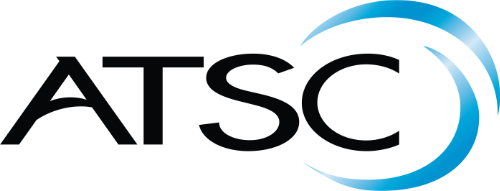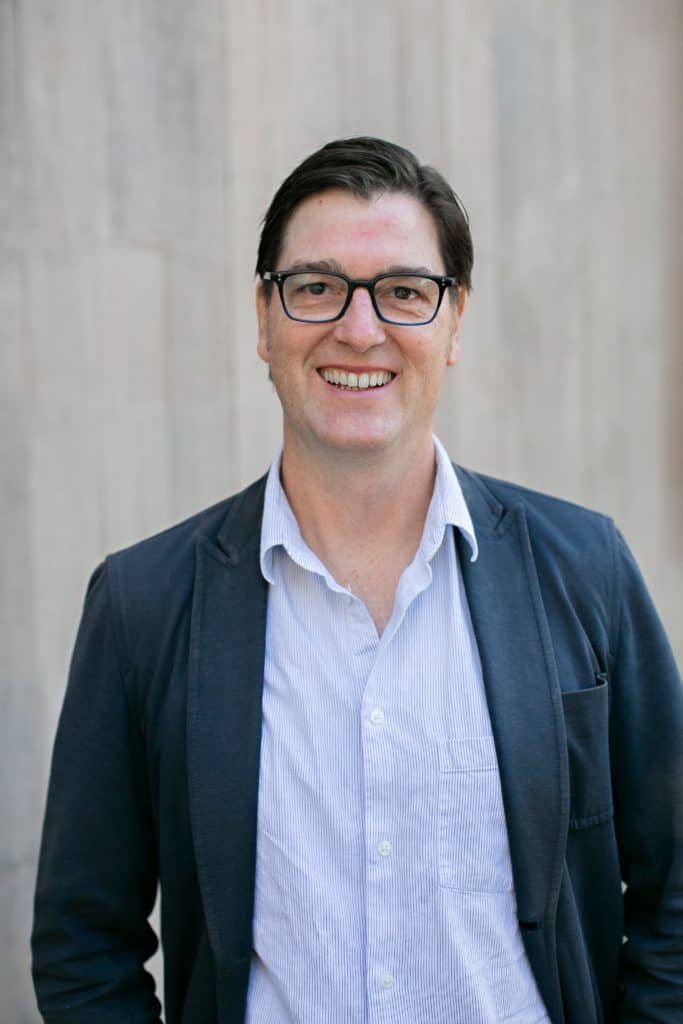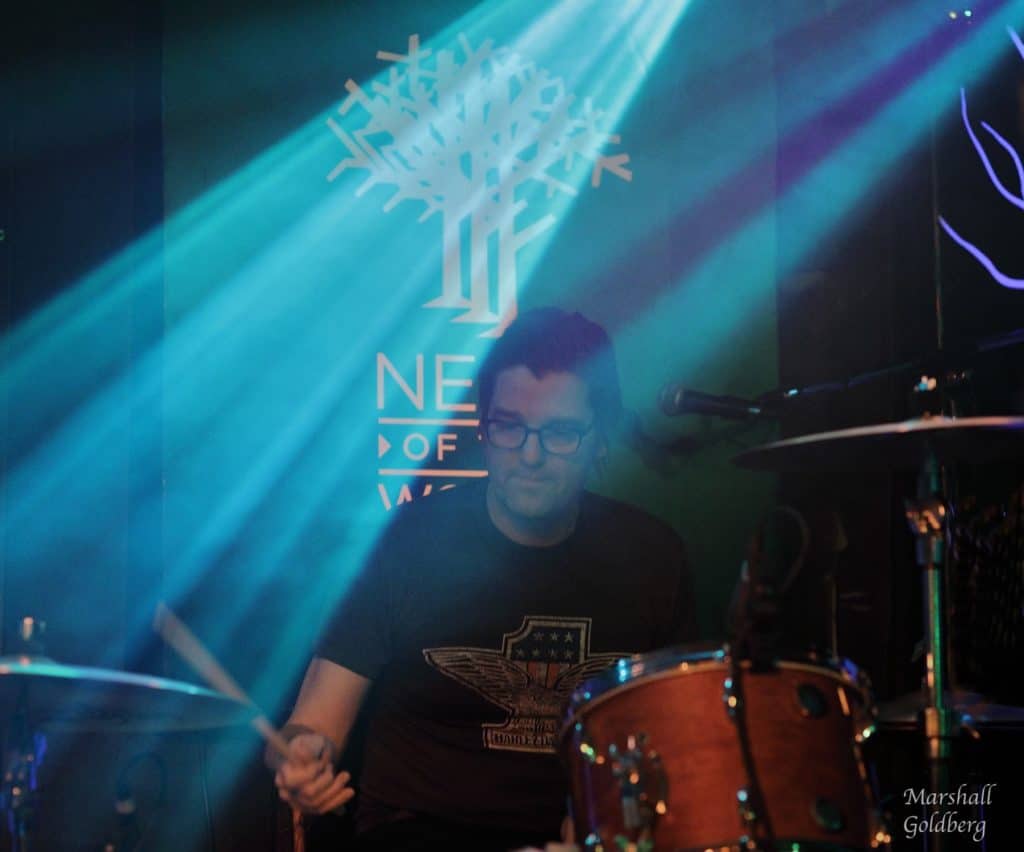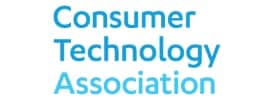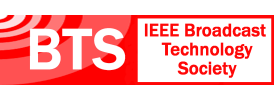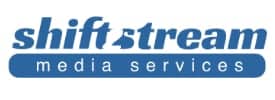- About
- Members
- Sponsors
- Subcommittees
- About Our Subcommittees
- Technology Group 3
- Implementation Team 1 – Advanced Emergency Information
- Implementation Team 2 – India
- Implementation Team 3 – ATSC 3.0 Conformance
- Implementation Team 4 – Brazil
- Implementation Team 5 – Tower Network
- Implementation Team 7 – Caribbean
- Implementation Team 8 – Automotive
- Planning Team 4 – Future Broadcast Ecosystem Technologies
- Planning Team 5 – Automotive Applications
- Planning Team 6 – Global Recognition of ATSC 3.0
- Planning Team 9 – Sustainability
- Technical Documents
- News
- Events
- Spotlight ATSC 3.0
- Contact Us
- Member Login
- Member Meetings
- Advanced Search
Search Site
Member Links
- About
- Members
- Sponsors
- Subcommittees
- About Our Subcommittees
- Technology Group 3
- Implementation Team 1 – Advanced Emergency Information
- Implementation Team 2 – India
- Implementation Team 3 – ATSC 3.0 Conformance
- Implementation Team 4 – Brazil
- Implementation Team 5 – Tower Network
- Implementation Team 7 – Caribbean
- Implementation Team 8 – Automotive
- Planning Team 4 – Future Broadcast Ecosystem Technologies
- Planning Team 5 – Automotive Applications
- Planning Team 6 – Global Recognition of ATSC 3.0
- Planning Team 9 – Sustainability
- Technical Documents
- News
- Events
- Spotlight ATSC 3.0
- Contact Us
- Member Login
- Member Meetings
- Advanced Search
Someone You Should Know: Oren Williams, Dolby
Posted on May 6, 2021 in ATSC News
Oren Williams was active in working on ATSC 1.0 audio coding and eventually chaired the Interactive Services group for ATSC 2.0. So, when the Planning Team for ATSC 3.0 was formed, it was natural that Dolby’s Director of Commercial Partnerships and Standards would be part of it.
“I’m proud to have been there since the beginning and to contribute to work on the audio system,” Williams said. “I was pleased to help write the audio requirements for ATSC 3.0 and was intensely involved in the audio system testing and working group. It became nearly a full-time job. Now that the standard is completed, I’m glad it’s being made real! We’re out there putting stations on air and seeing and hearing the technology work in practice. That takes the work of many people, and I’m proud of the small role I’ve played.”
Williams describes his start as a real “American Dream story.” His father was a gravedigger and mother a waitress at Pizza Hut who raised him and his sister. In fact, Williams, his sister and both his parents got their college degrees at the same time. Oren graduated from the Walla Walla University School of Engineering with a B.S.E., Electrical Engineering.
His post-college passion was music. He was in a rock band that was taken under the wing of American country stars, Jann Browne and Barbara Orbison, Roy Orbison’s widow. When the band broke up, Oren turned his attention to connecting his love of music and engineering. He put his degree to good use. He got his first engineering position at Tektronix working on TV Test equipment, like the “WFM” series.
“Vivek Maddala (now an Emmy award-winning composer!) was also working at Tektronix and a very accomplished musician. I found out he had gotten a job at Dolby. I took him to lunch, we became friends and he let me know when a position opened at Dolby,” he said.
Due to the soon coming ATSC 1.0 system using Dolby AC-3 and HDTV, Dolby was looking to hire an engineer to handle digital television consumer product testing.
“My experience at Tek was a good background and music and audio were my main engineering interests so I pursued and got the job. I was encouraged to put my music performance experience on my resume which has always endeared me to Dolby. I’ve gotten to do a lot of fun things at Dolby in the technology and business areas of TV, streaming video and video games,” said Williams.
He now chairs S31, the specialist group responsible for the ATSC 3 standard document, “A/300.”
“ATSC 3.0 will transform the broadcast industry,” Williams stated. “If you view TV as a way to convey information audio and video, TV faces incredible competition from the internet. ATSC 3.0 has the technology to put broadcast on par with the internet and, in some ways, even surpass the internet in delivering local content. In ten years, broadcast TV will be very different from what most of us grew-up with and ATSC 3 will play a large part.”
Williams’ musical passion never dissipated. He is the drummer of the rock band, Pirate Radio, based in San Francisco. The band has released four albums and has another one in the works.
Oren and his partner, Sarah, have two boys, Gibson and Conor, ages 9 and 4.
Sarah earned her PhD in Chemical Engineering from Cal and after an engineering consulting job made her way to Tesla Motors. She played a key role in developing battery cell technology and battery systems for several key Tesla products, including the Tesla Model S. “Sarah plays guitar and has an amazing voice, so we’ve occasionally collaborated on music projects,” said Williams.
Posted in ATSC News
News Categories
News Archives
Subscribe
Subscribe to The Standard, our monthly newsletter. Learn More
Join ATSC
ATSC is a membership organization with both voting and observer categories. Voting members include corporations, nonprofit organizations, and government entities, and they participate actively in the work of ATSC. Observers are individuals or entities not eligible to be a voting member.
Subscribe to our Newsletter
Subscribe to The Standard, our monthly newsletter, to stay up-to-date with ATSC news and events around the world.
Site Links
Contact Us
Advanced Television Systems Committee, Inc.
1300 I Street NW, Suite 400E
Washington, DC 20005
Do you have questions about ATSC?
About ATSC
The Advanced Television Systems Committee, Inc., is an international, non-profit organization developing voluntary standards and recommended practices for digital terrestrial broadcasting. ATSC member organizations represent the broadcast, broadcast equipment, motion picture, consumer electronics, computer, cable, satellite, and semiconductor industries. ATSC also develops digital terrestrial broadcasting implementation strategies and supports educational activities on ATSC standards.
© 2024 ATSC
